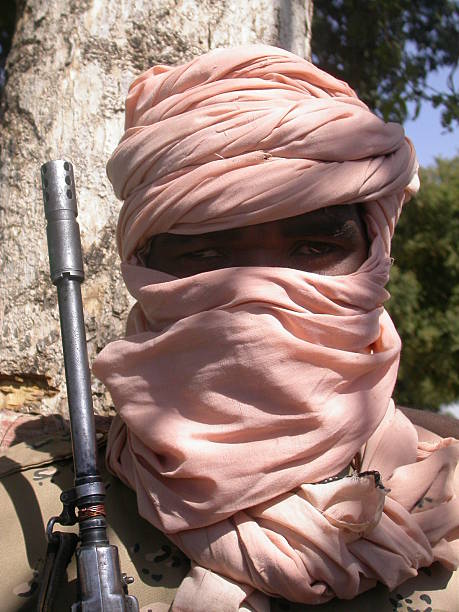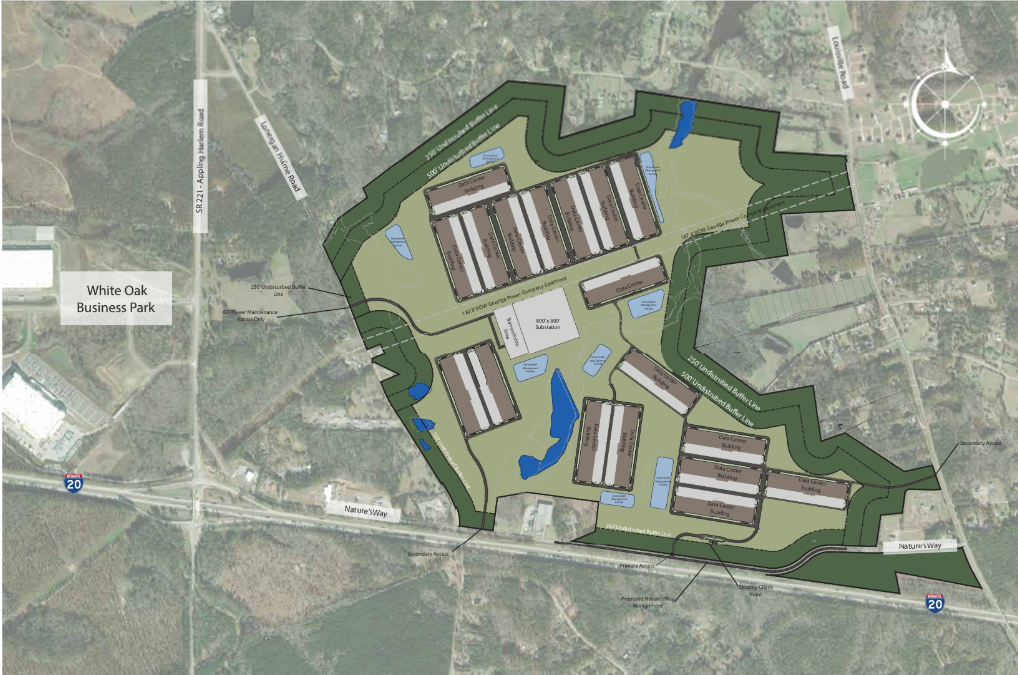One of the last things that President Biden did in office was reaffirm America’s commitment to ending the current civil war in Sudan and stop the genocide that is occurring in that Northeastern African county.
It is too bad that Biden’s Oval Office pronouncement occurred while he was also busy running his fountain pen dry pardoning people, so the Sudan story really got lost in the shuffle. Aside from a little blurb I ran across in the U.K.’s Daily Mail, most of the media ignored the story all together.
Biden promised that the United States would offer more support in the form of financial aid. According to Relief Web, $2.3 billion in aid has been pledged and earmarked starting in fiscal year 2023.
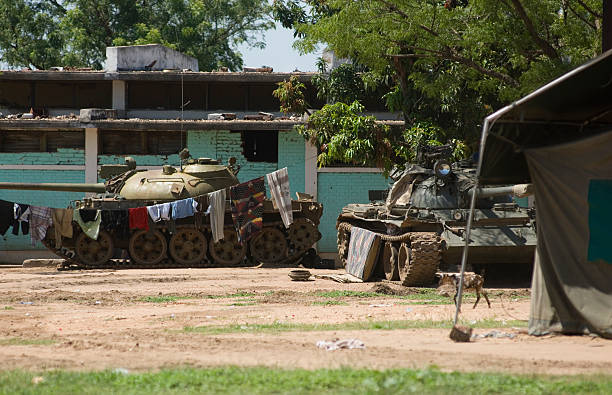
Most of the pledged money was allocated through US AID, so right now, it is not clear just how much of the funding has made it to ground zero.
Without getting into the Department of Government Efficiency, DOGE, arguments, it is clear that dumping massive amounts of money in aid has had remarkably little effect on the conflict, other than perhaps providing more fuel to keep the blazes going.
Most internet searches pertaining to Sudan will only bring up articles from 2023, when the North and South separated and the current “official” civil war was declared. The majority of current articles being published fail to point out that Sudan has actually been in a state of continuous conflict since 1955, almost as long as the Arab-Israeli conflict just a few doors down.
Considering that this is now the third official civil war in the region in 70 years, the amount of money donated to the country over the past seven decades years is incalculable; and, of course, it is impossible to ascertain just how much of the money actually ever made it to the intended recipients. From the looks of it, not that much did,
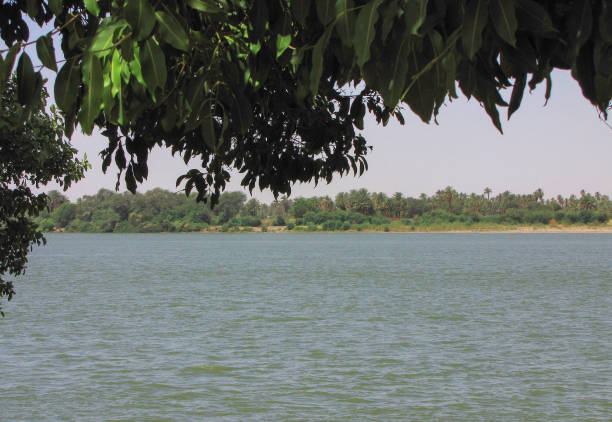
Speaking of Israel, President Trump has indicated that he will move to end the war in Gaza by taking over the Strip, removing all the people and turning it into the “Riviera of the Middle East.”
While this proposal sounds more than a little pie-in-the-sky to me, as no one there is fighting over securing a contract with Disney to create “Disnraeliland;” that strip of land has 24 miles of once pristine coastline on the Mediterranean. Perhaps one day people could leave their cozy room at the Trump Gaza Suites to go eat a Trump Steak with a nice Trump Vintage 2024 Merlot and then see the latest “Gazway Revue and Kid Rock Extravaganza” at the Trump Arena after spending a day at the beach.
Who knows, stranger things have happened, I guess.
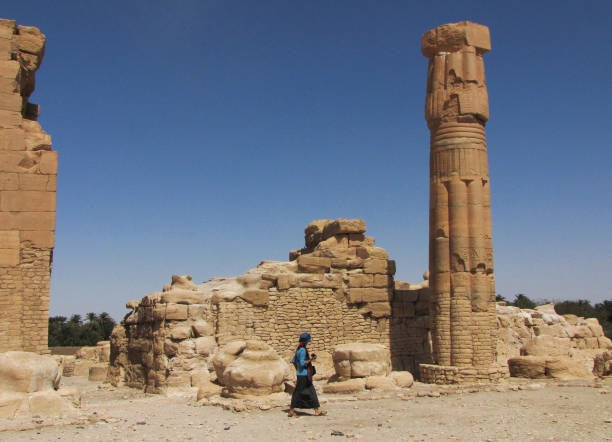
While Trump’s Gaza plans are likely a pipe-dream, at least Gaza has assets that could one day make it a destination for people other than jihadists; but until very recently, even with coastline on the Red Sea that would be a terrific place for a Trump Plaza hotel, Sudan has seemed to offer very little to attract the world’s attention for, well, decades if not centuries.
Archeological digs have linked the country to vibrant civilizations of the ancient past, but even though it contains the small river tributaries that make up the Nile, the soil, or sand, remains mostly barren.
The Sudan of today seems to be forever mired in famine with ethnic groups fighting for the limited resources, and the rest of the world has mostly turned and looked the other way.
According to Britannica, most of the country is desert land that can go years without rainfall; however, under the rolling sand dunes are vast reserves of oil, so that may be what is drawing the renewed attention to that desolate land.
One reason no one has been able to get at and drill for those resources is that Sudan is one of the most dangerous places in the world. It also remains forever unclear who exactly is in charge, so even if big oil wants to drill, they wouldn’t know who to talk to and make agreements to drill.
In 2009, I was contacted by the promotions people from the band REM asking if I would be interested in interviewing bassist Mike Mills about the band’s single “#9 Dream,” which was a part of the “Instant Karma (Save Darfur)” compilation to raise money for Sudan. Yep, while the news stories of today act like the conflict started just yesterday, the truth is, world leaders and concerned musicians knew that Sudan had devolved into chaos 16 years ago.
John Lennon’s widow, Yoko Ono, had donated the rights to several of Lennon’s compositions to allow for a charity album to raise funding and REM had agreed to record a song for the project. Having interviewed Mills once before, I eagerly jumped at the chance to have a sit-down, on air chat with him and so I researched what was going on in the war-torn country.
I was absolutely appalled at the stories and images coming out of the country.
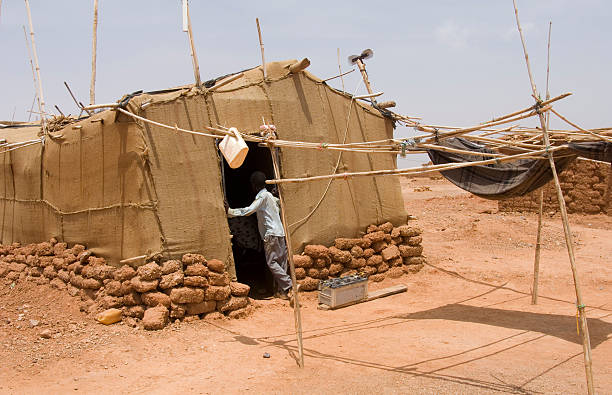
To this day, to be a female living under one of the many warlords in Sudan means that you live well, comparably speaking to other women in the country, and have access to food and shelter if your family’s tribe has the upper hand; however, those living in the marginalized tribes are subject to continued rape, torture and chattel slavery.
The problem back then, as well as today, is that it is impossible to pick a side in the on-going conflict. The tribe being brutalized in one given month may turn around and turn into the abusers at the next change of the tide. Every last one of the “leaders” in the country are warlords that ride around in armed convoys committing atrocities as if it were some kind of sport.
According to Amnesty International, the humanitarian aid in the form of food that is sent is divided up by the ones in power leaving the majority to starve and whatever cash money they get their hands on is quickly spent on weapons.
In our interview back in 2009, Mills acknowledged that most of the aid money likely never reached those it was intended for, but said that the world couldn’t “just stand by” and allow a genocide to occur.
Well, the world did just that, until someone smelled “Texas tea” there.
Currently, the UN estimates that 2.7 million Darfuris remain in humanitarian relief camps and more than 4.7 million Darfuris rely on humanitarian aid, but living in a camp does not mean that one is safe from the ‘night raids’ that happen often where even women and children are rounded up and slaughtered.
The country has endured more famine conditions since the beginning of the latest civil war, so it is impossible for the world to simply stand back and do nothing; but, in my opinion, we need to think of a new game plan, because it is clear that what has been done in the past has never worked and likely never will.
Scott Hudson is the Senior Investigative Reporter, Editorial Page Editor and weekly columnist for The Augusta Press. Reach him at scott@theaugustapress.com

